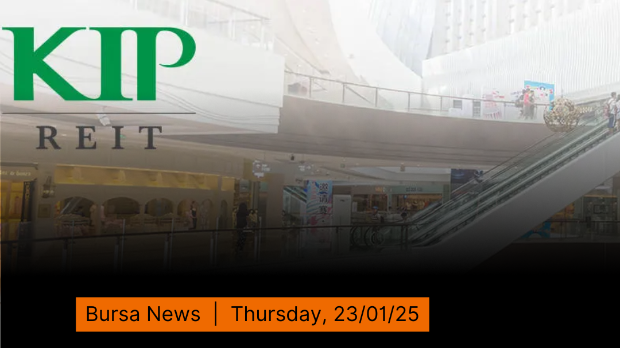One of the many investing mistakes I made during the early part of my investing career was to be rash with cash.
One salary hike, one bonus, or one big inflow of money (family gifts etc.) and I would invest the same into stocks I liked, irrespective of what the stock markets were doing.
Cash in bank was considered a wasted opportunity and every chance to “let-me-buy-stocks-now” was grabbed upon.
The question I used to ask myself was – “Why should I hold cash when it is paying nothing while stocks can grow my money much faster?”
However, over the years and after learning my lessons (from not holding cash) the hard way, I’ve found several reasons to ‘hold cash’.
Here are the biggest three of them:
- When my cash is paying nothing and my stocks are losing, “nothing” beats losing.
- If I don’t have cash, it is almost impossible for me to take advantage of opportunities that may present themselves in the future.
- Holding ‘emergency’ cash for a short-term need or even a short-term potential need is always a good idea (I realized this when, during a medical emergency in 2008, I had to ask for cash from my family since all my cash was fully invested in the markets that were going down).
Accepting these reasons has made me fearless of holding extra cash.
Some cash in the bank (or liquid funds) helps me with emergencies, with keeping things together during difficult or changing times, or even with taking advantage of great opportunities.
But this is easier said than done. Holding cash, and not earning anything on it, is often a painful decision.
In a letter written in 2004, the legendary Seth Klarman wrote about this painful decision of holding cash most investors face. He wrote…
Investors must choose between two alternatives. One is to hold stocks and bonds at the historically high prices that prevail in today’s markets, locking in what would traditionally have been sub-par returns. If prices never drop, causing returns to revert to more normal levels, this will have been the right decision. However, if prices decline, raising prospective returns on securities, investors will experience potentially substantial mark to market losses, thereby faring considerably worse than if they had been more patient.
The alternative to remain in cash is truly painful. As Klarman writes…
The alternative is to remain liquid, defy the steady drumbeat of performance pressures, and wait for the prices of at least some securities to drop. (One doesn’t need the entire market to become inexpensive to put significant money to work, just a limited number of securities.) This path also involves risk in that there is no certainty whether or when this will occur; indeed, securities prices could rise further from today’s lofty levels, making the decision to hold cash even more painful.
And because it is painful, and often requires tremendous patience, most investors – large and small – will choose to remain 100% invested, and also invest any new cash that is generated.
Klarman writes, and you will agree with him on this…
Human beings are only endowed with so much patience, after all. Few are able to look past near term returns, and today anything appears to offer better returns than cash. Also, given their relative-performance-oriented, competitive nature, investors loathe the possibility of underperformance that comes from sitting on the sidelines; they find it better to be in the game (unless, of course, the market drops). Most significantly, they remain highly skewed toward the greed end (how much can you make?) and away from the fear end (how much can you lose?) of the spectrum of investor emotions.
In short, investors remain the consummate yield gluttons, seeking high return without regard for the likelihood of actually achieving it or for the risk incurred in the process.
What Are YOU Doing?
When I talk about the importance of holding some cash in your portfolio when attractive investment opportunities are hard to come by (like now), a lot of people argue that that is same as gambling, that being less than fully invested is akin to market timing.
“Who knows whether the market falls or rises from here on?” is what they ask me. “What if I hold cash and the market keeps rising?”
That’s a valid question, but then isn’t a yes or no decision the crucial one in investing?
Who says that investing means always buying something, even the best of a bad lot? An investor who can’t or won’t say no forgoes perhaps the most valuable tool available to him or her.
As Charlie Munger says…
Look for more value in terms of discounted future cash flow than you’re paying for. Move only when you have an advantage. It’s very basic. You have to understand the odds and have the discipline to bet only when the odds are in your favor.
And then, here’re Warren Buffett’s classic words of wisdom…
“Lethargy bordering on sloth remains the cornerstone of our investment style.”
You don’t need to always be in action, dear investor. Don’t be a yield glutton, as Klarman says. Holding cash when you have nothing to buy is a good decision.
It’s painful, but not knowing what you are doing with your cash and why you are doing it, often ends up being more painful for your long-term returns. So, please choose carefully.



















calvintaneng
If there is no clarity don't simply invest. Better keep to Cash. But if you are SURE then you must act and deploy cash.
2015-03-20 16:13